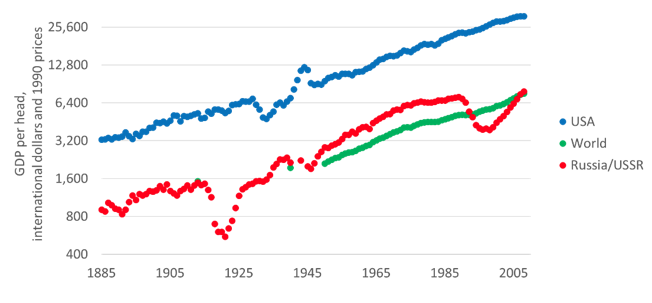What would Germany's strategy in 1917-1918 have been if Russia somehow completely avoids revolution and civil war during these two years? What exactly would Hindenburg and Ludendorff have done in such a scenario once it would have become clear that their USW gamble would have failed to actually pay off for Germany? Any hope of a negotiated peace before it's too late for Germany? Or would the Allies refuse to accept any negotiated peace, insisting on a complete and total victory for them? And how exactly would Woodrow Wilson and Russian Tsar Nicholas II have dealt with each other at the 1919 Paris Peace Conference?
Any thoughts on this? @sillygoose
Any thoughts on this? @sillygoose






